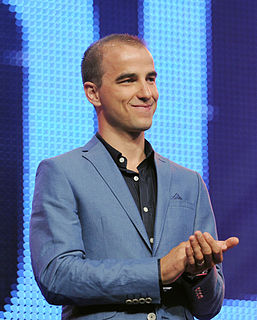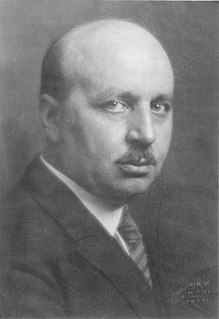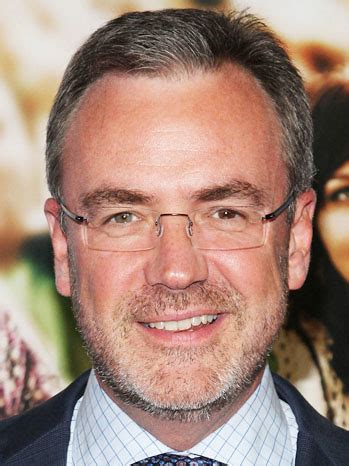A Quote by Maria Montessori
When the child begins to think and to make use of the written language to express his rudimentary thinking, he is ready for elementary work; and this fitness is a question not of age or other incidental circumstance but of mental maturity.
Related Quotes
I don't think there is any scientific evidence about the question of whether we think only in language or not. But introspection indicates pretty clearly that we don't think in language necessarily. We also think in visual images, we think in terms of situations and events, and so on, and many times we can't even express in words what the content of our thinking is. And even if we are able to express it in words, it is a common experience to say something and then to recognize that it is not what we meant, that it is something else.
By the time the child can draw more that scribble, by the age of four or five years, an already well-formed body of conceptual knowledge formulated in language dominates his memory and controls his graphic work. Drawings are graphic accounts of essentially verbal processes. As an essentially verbal education gains control, the child abandons his graphic efforts and relies almost entirely on words. Language has first spoilt drawing and then swallowed it up completely.
I'm not one of these guys who begins the day thinking about what kind of an impact I can have. I instead think about it as what kind of work are we going to do today, how can we make the broadcast better, how can we work as a team, how can we draw on the resources of CBS overall and use them to make the 'Evening News' that much stronger.
There is no reason to believe ... that the "essential purpose" of language is "communication". Language can be used to transmit information, but it also serves many other purposes: to establish relations among people, to express or clarify thought, for play, for creative mental activity, to gain understanding, and so on. In my opinion, there is no reason to accord privileged status to one or the other of these modes.
The Paleolithic hunters who painted the unsurpassed animal murals on the ceiling of the cave at Altamira had only rudimentary tools. Art is older than production for use, and play older than work. Man was shaped less by what he had to do than by what he did in playful moments. It is the child in man that is the source of his uniqueness and creativeness, and the playground is the optimal milieu for the unfolding of his capacities.


































